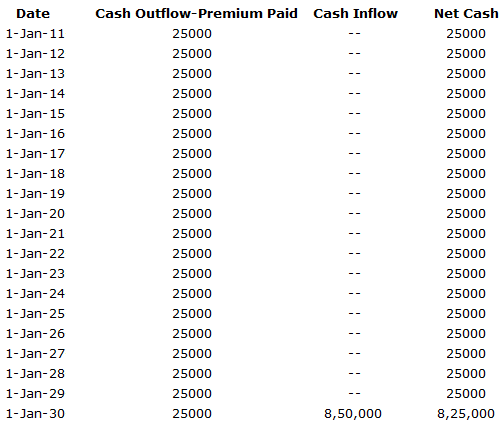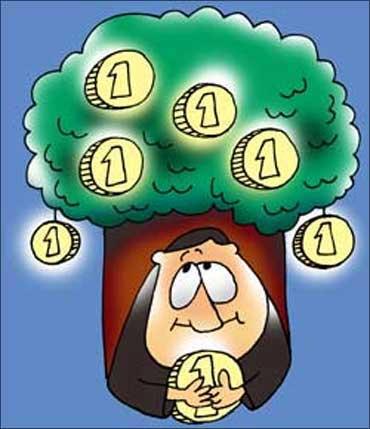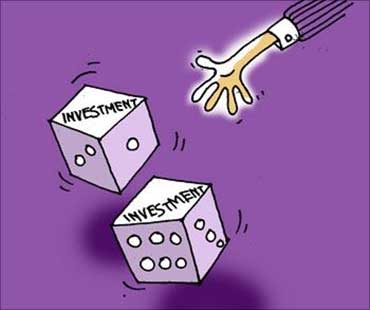Photographs: Rediff Archives Vivek Sharma
Insurance is a very popular investment product among traditional investors. Though insurance is primarily a risk mitigation tool, many people use insurance for the purpose of long term investment. These people buy endowment and money back plans sold by insurance companies. Why it is that insurance is used for investments?
There are two reasons for this:
1. Insurance agents mis-sell insurance as they want to get maximum commission and
2. People buying insurance feel it is a good return option along with insurance cover. However, most of traditional insurance products (ULIP can be an exception, depending upon market performance) don't provide returns even close to other traditional investment products like PPF, bank deposits etc.
Click NEXT for more
Vivek Sharma is a faculty at Institute of Financial Markets, Vashi. He is CFP, M.A. in Economics, MBA Finance and Fellow in Life Insurance. He can be contacted at viveksharma95@rediffmail.com
How to calculate return on endowment and money back plans
Photographs: Rediff Archives
How do you know what is the return offered by the insurance product that you have purchased? If you ask a person who has purchased an insurance product about the returns, he will not be able to give answer to this question. So how do you calculate returns offered by the insurance policy? Let me take an example. Suppose you have purchased the following endowment plan:
- Policy term 20 years
- Premium payment annual
- Premium amount Rs 25,000 per year (Assumed)
- Sum assured Rs 5 lakh
- Maturity value (Sum assured plus bonus)
- Bonus: Rs 3.5 lakh (Assumed)
Click NEXT for more
How to calculate return on endowment and money back plans
Photographs: Rediff Archives
To calculate return for this investment, you need to use excel. You can go to XIRR function in the excel and input values like this for purpose of calculation.
The first column in the excel input criteria is dates on which you pay premium. Since the premium is annual, it is paid for 20 years. The second column reflects the annual premium paid per year for 20 years. Since this is cash outflow, premium paid is shown in minus (-).
The cash outflow in the 20th year is the amount received after twenty years which is equal to sum assured plus bonus (both are assumed values). The last column shows the net cash inflow, which is positive in the 20th year and is difference between cash outflow and inflow in 20th year. After getting net cash value, use XIRR function.

Click NEXT for more
How to calculate return on endowment and money back plans
Photographs: Rediff Archives
Provide input criteria as net cash beginning to end value first followed by start date and end date. The result given by the formula gives you an idea about percentage return on the policy. In this particular case return would be 5.26 per cent per annum. This can be used for monthly, quarterly and half annually premium also.
The same calculation can also be used for money back policy. The only difference between endowment plan and money back policy is that money back will have multiple cash inflows in place of single cash inflow in case of endowment plan.






Comment
article